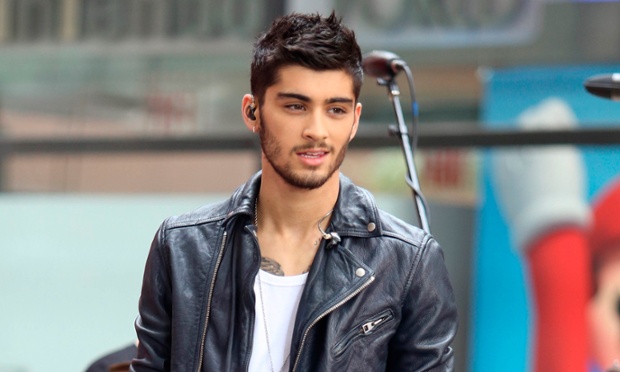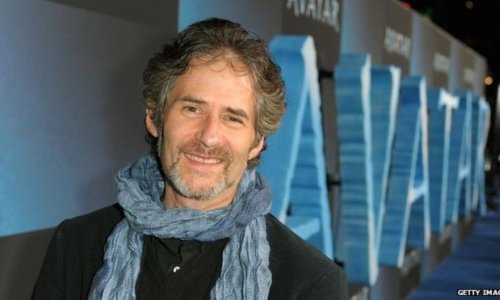(The Guardian) - Bill Maher’s rants against Islam are nothing new. But in the case of his latest smear campaign, the reaction is. The unwitting target this time was not an entire 1.6 billion population, but rather one person: former One Direction member Zayn Malik – a British pop star who just happens to be Muslim.
But, like Maher’s smear campaign against Islam, there is nothing new about the scrutiny that targets Malik. In 2012, rightwing American blogger Debbie Schlussel accused him of "boyband jihad” and "pimping Islam,” claiming that the only reason why he was chosen to join One Direction was because "Islam sells in Britain”, making him the "Islamic face” of the band. That same year, internet trolls and racially abusive messages led him to temporarily disable his Twitter account. In 2013, American rapper Rucka Rucka Ali released the track Zayn Did 9/11, with art that superimposed Malik’s silhouette over an image of the burning Twin Towers, and lyrics that blamed him for the September 11 attacks. Yet perhaps the worst outlash against him occurred last year, when he was singled out with death threats for tweeting #FreePalestine.
It’s not quite a halal fest on the far opposite end of the spectrum either either, where there has been criticism among conservative clergy over the supposed piousness of his lifestyle choices since appearing on the X Factor. He doesn’t eat pork, but what about his smoking, his designer jackets, and those tattoos and ear piercings? Or more pertinently, does the Qur’an say it’s OK to be a pop star? For the more orthodox critics, the answer is no, which would make Malik a major sinner. Some reject his Muslim identity all together. "@zaynmalik needs to join jihad,” @ISILCats tweeted last June, "not be another dumb sissy celebrity.”
Out of no doing of his own, this is dichotomous terrain that has come to define much of how the mainstream perceives and accepts Zayn Malik. His most newsworthy attribute for some is not his music, but his faith – and whether or not he properly represents it. None of the other members of One Direction have been subjected to the endless media surveillance that follows him. And none of them have been propped up against their own will as a singular representative of an entire global community.
The scrutiny directed at him is about more than just his lifestyle choices — it’s about religion and whether Muslim identity can reconcile with mainstream pop culture. The obsessive discussion around Malik’s religious identity highlights how the media continues to simplify and stereotype Muslim identity. These normative views – predicated by both Muslims and non-Muslims alike – force Malik into a box he never asked to be placed in. Most media seem to only understand him within those constraints, so that anything he does in public, any stance he takes, any music he performs, any beard he decides to grow, will always be portrayed as a direct result of not his personal choices, but his degree of Muslim-ness.
Yet the reality of Malik’s life is starkly different from what his religious identity is stereotyped to be – and this is one reason why despite his critics, he carries such a massive and loyal fanbase of Muslims and non-Muslims alike. Almost 5,000 have signed a petition demanding an apology from Maher. On Twitter, #RespectforZayn became a trending hashtag. This is because Malik’s following keenly understands what polemics on both sides fail to grasp – that there is no dichotomy between being a pop superstar and identifying as a Muslim. You can be someone inspired by beliefs, but not constrained by the limits we impose on religious language, or the jokes we pull out of simplified views of those we choose not to understand. Religious identity is far more nuanced and individualized than anti-Islam critics like Bill Maher like to make it out to be.
www.ann.az
Follow us !








